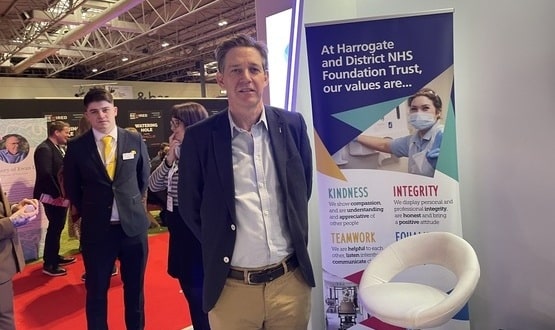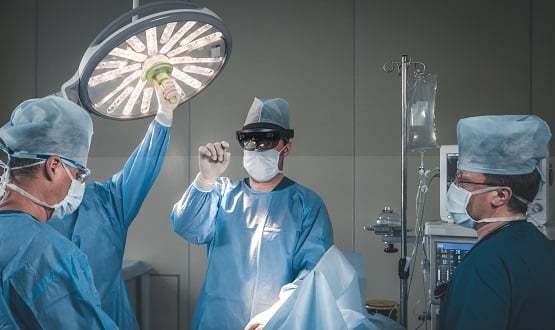NPfIT is a ‘high quality enabler’ says NHS chief
- 27 March 2007
NHS chief executive, David Nicholson, has described the National Programme for Information Technology as “not fundamentally an IT programme, but a high quality enabler that will improve the way the NHS system operates.”
Addressing the World Health Care Congress in Barcelona, Nicholson said that “really good progress has been made on NPfIT to date, but there is still a lot more to do.”
He added: “It is important that we do not just push the new structure of NPfIT onto healthcare staff, but we should try to ensure that those who use it understand its benefits and what the eventual scale of the project will be and bring this to them when it is completed. The overall benefit being [that] it will ensure that the right people are being seen at the right place by staff who are guaranteed to have the right way of thinking. It will have an enormous impact.”
In a wide-ranging speech, Nicholson said that the NHS faced three major challenges which technology will help to address – the need for a universal coverage service, which will be high quality and responsive and help the NHS control costs.
“These three challenges have been a huge challenge for the NHS. At various times in development, two of them make good progress whilst one falls down. Very seldom do we get all three of them working together, which is what we are trying hard to achieve. Up until the Nineties, we had been very strong at cost control; the problems have been quality and responsiveness.
The demographics of the country’s health were also one of the main issues, he said, and technology was a key way of dealing with this.
“We are now seeing big changes in population structures, 15m people in England suffer from long term conditions, taking up to 50% of a GP’s surgery times and filling up to 75% of hospital inpatient beds. It’s a massive change from the golden days and needs to be addressed. Patients have high expectations; they compare the NHS unfavourably with other services and with expectation so high – we have to move with the times.”
He told the audience that the NHS had been driving big changes in terms of investment and capacity alone, but admitted that even this was simply not enough.
The aim now was to transform the system by changing its structure and the way services are delivered to patients.
“We are moving from a top-down monolithic system to a much more market-oriented system. It will completely change the relationship between patients and those who treat them and move the treatment of patients from purely the secondary acute sector to a more community oriented approach, revolving around primary care services.”




